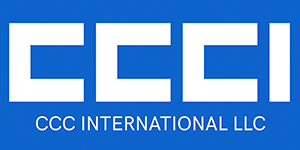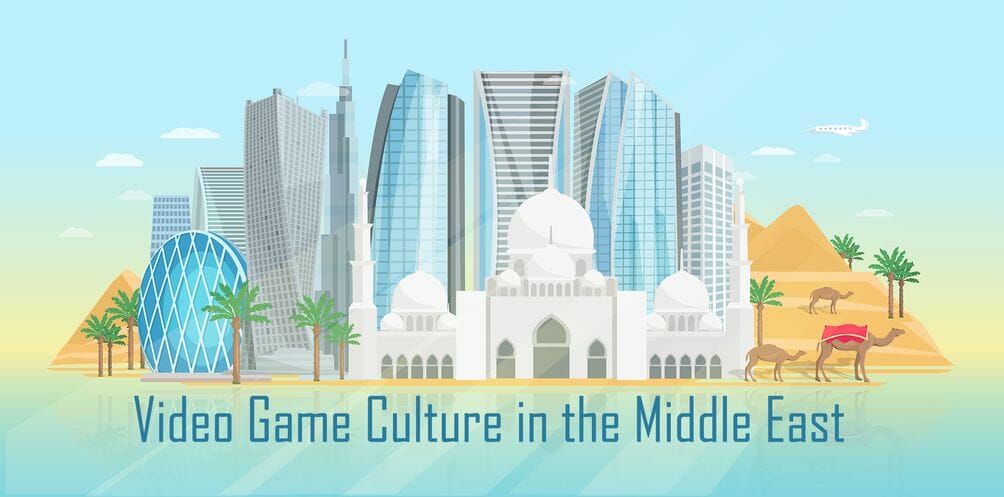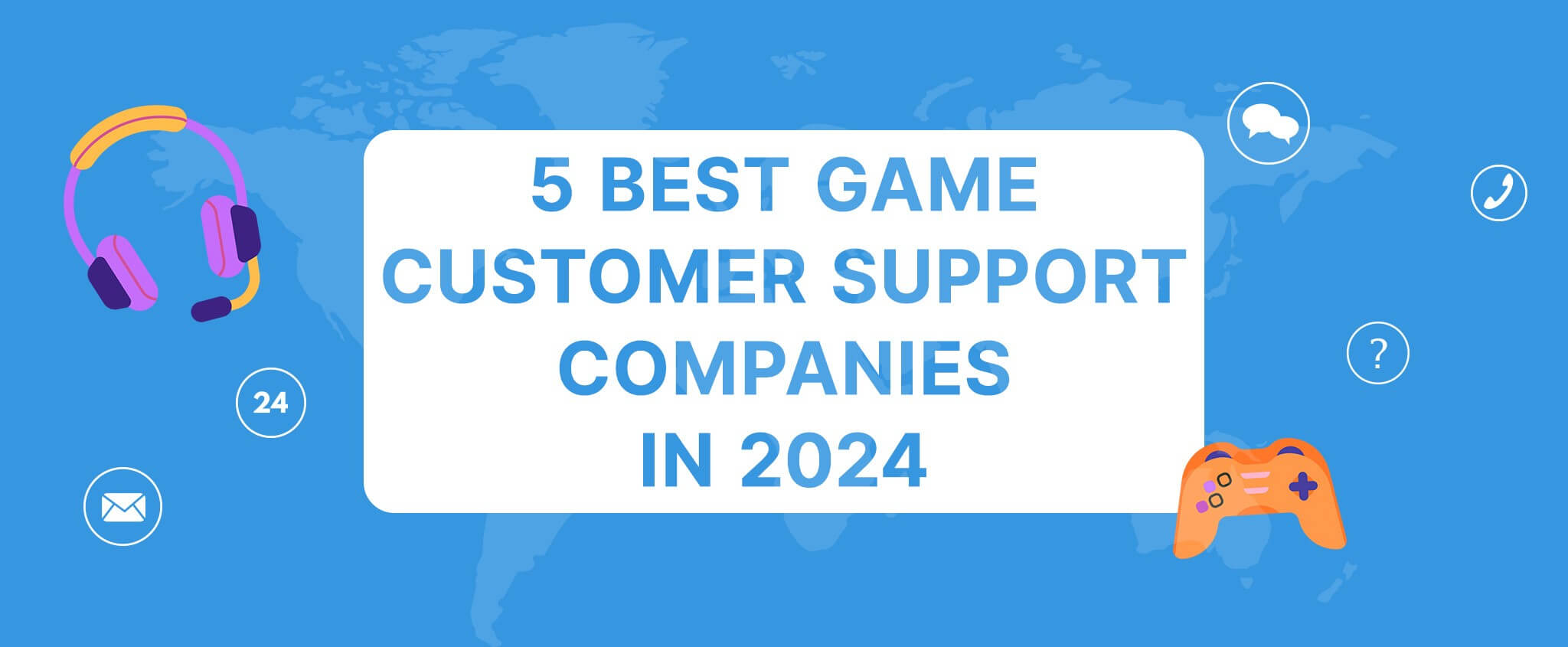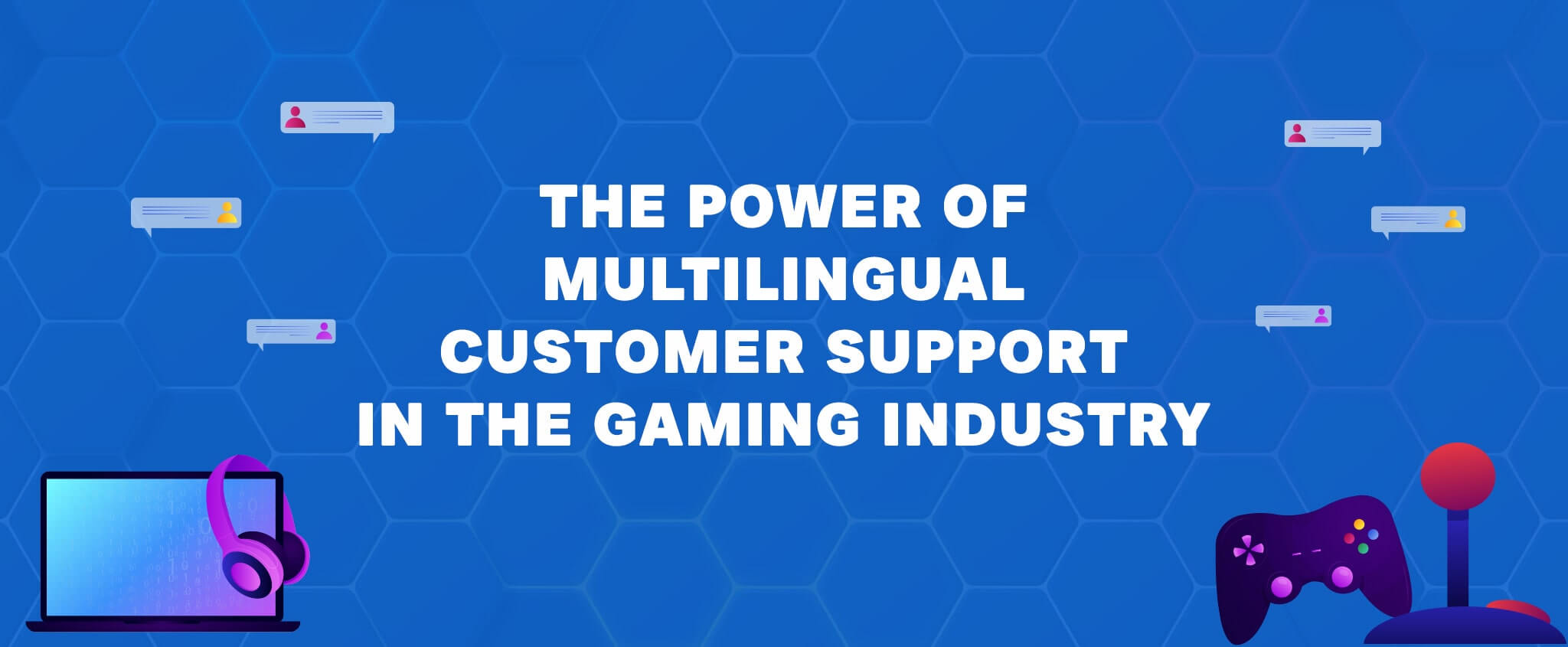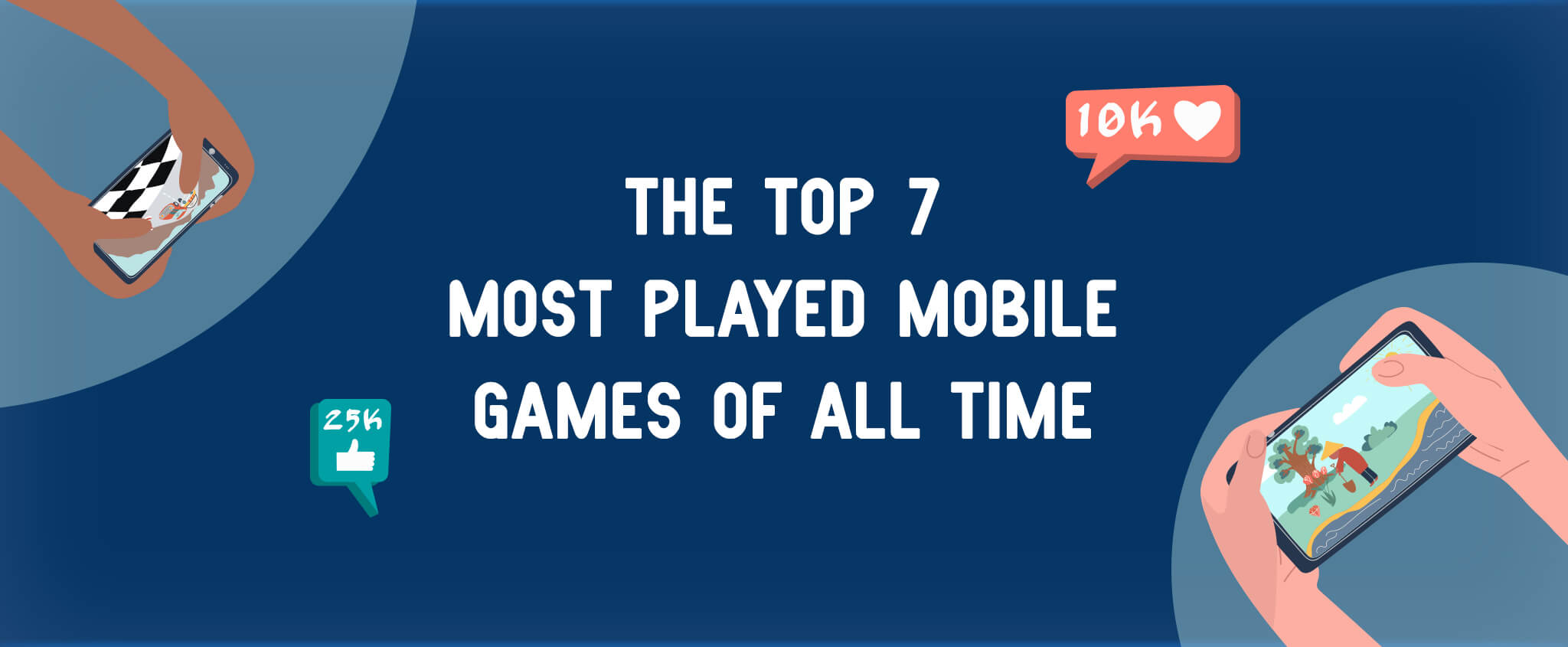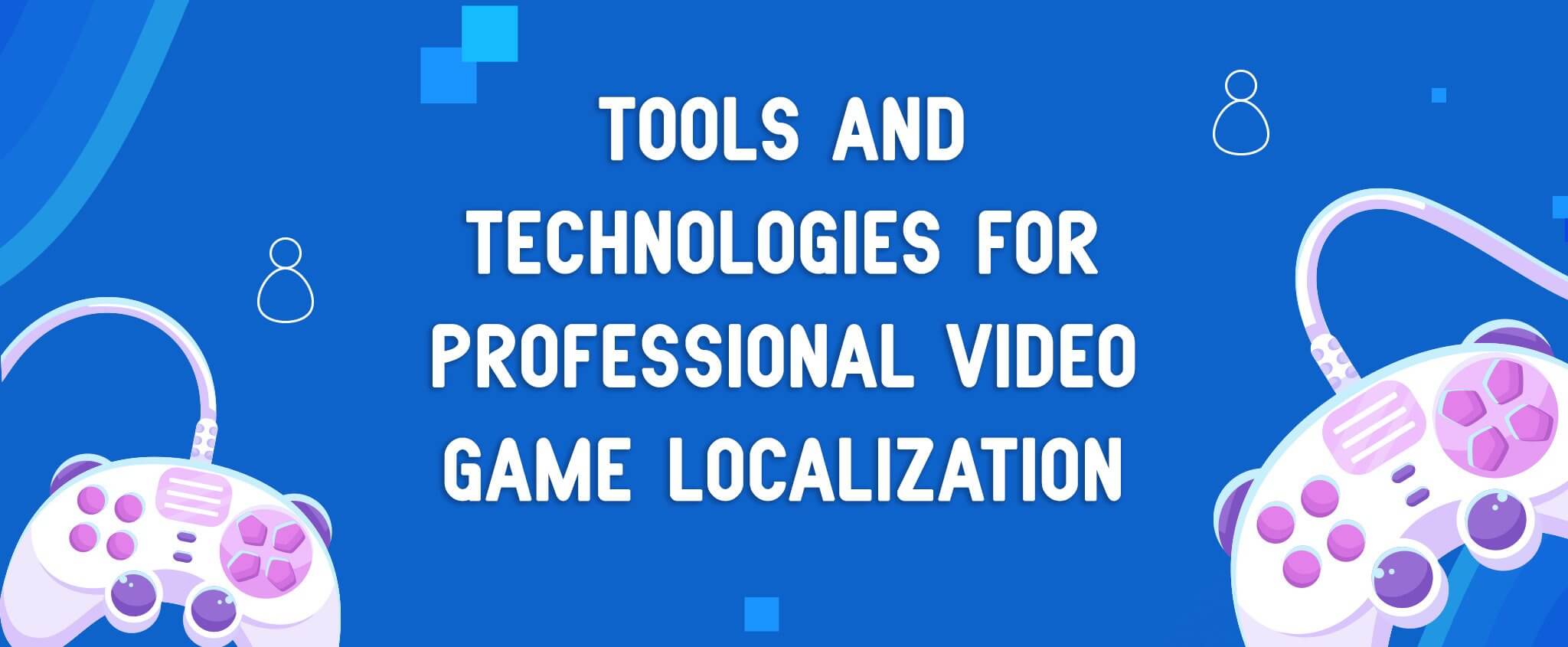Arabic Video Game Culture in the Middle East
A brief description of the
Middle East’s video game culture
Arabic video game culture is highly influenced and dominated by ’80s cartoons and anime such as:
- “Teenage Mutant Ninja Turtles,”
- “Nu, pogodi!”
- “Captain Tsubasa,”
when they were first translated to Arabic and localized to fit the rich and diverse Arabic video game culture. It is understandable if one asks, “Why didn’t Middle Eastern companies try to make their own cartoons or video games?”
In the early 2000s, a series of new cartoons were created in the Middle East, which were later planned to be adapted into electronic games, but as the young generation was already accustomed to the cartoons of the ’80s, it was nearly impossible to spread the new ones and make them as popular. Thus, adaptations of western cartoons or Japanese anime continue to dominate the video game scene in the Arabic world.
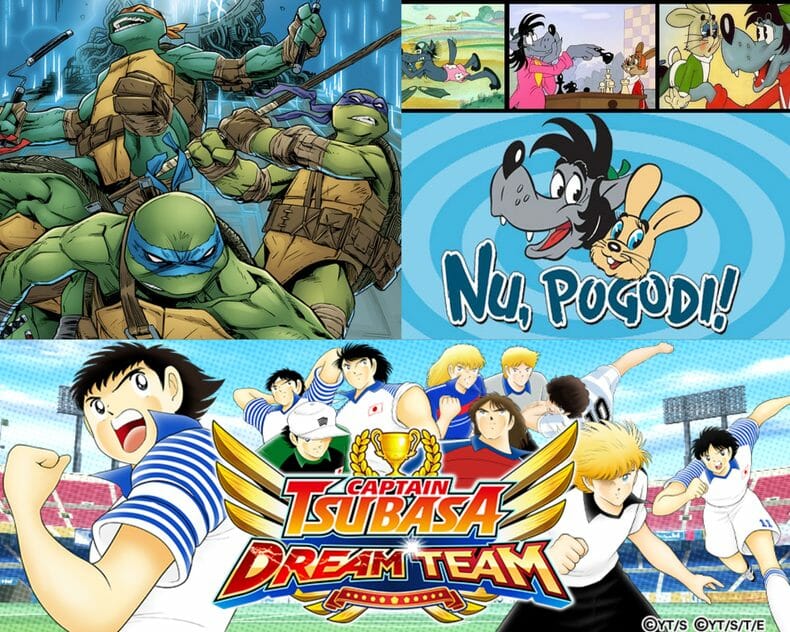
The Arabic gaming industry
The Middle East is considered one of the best and stable regions to invest in, especially in the gaming industry. This is because it has a rapidly growing and high-demand market for modern games, whether they are for PC, console, or mobile phones.
It is worth noting that, in the Middle East, around 22 countries regard Arabic as a mother language; that is why game makers must modify their application to suit Arabic speakers and Arabic video game culture to gain access to the massive video games market in West Asian countries. One concrete example is that the Arabic video game culture rejects any games which include and has strong references to violence. It is undeniable that most of the games are created and developed to suit the Western world. Therefore, games should undergo a careful and accurate translation and cultural preparation process to gain the approval of users in the Middle Eastern region.
The global video game market size was valued at USD 151.06 billion in 2019. Meanwhile, in the Middle East, the gaming industry’s value was 4.8 billion dollars, approximately 3.2 percent of the world’s value. Nonetheless, it is worthy to note that the Arabic world has recently seen unprecedented efforts to enhance and support its gaming industry.
Regional gaming conventions and organizations were founded: IGN Convention (IGN Con) in 2013; Middle East Games Con in 2017; Dubai World Game Expo also in 2017; and Gamers Hub Middle East (GHME), which holds the annual event Insomnia Dubai, in 2018.
Additionally, with the private and governmental financing of startups, game publishers have little by little started to promote more extensively in the Arab world. One such example is the Jordanian Tamatem company, which was established in 2013 and which obtained large financing that helped it to establish itself in new markets and achieve high profits. In fact, according to its founder, its revenue amounted to 2.5 million dollars in the year 2017, with a growth rate of 150 percent annually.
Below, we highlight some of the most innovative startups in the MENA region. Their innovative pioneering projects have succeeded in transporting players to new worlds and conquer difficult but entertaining challenges.
- Falafel Games, based in Lebanon and UAE
- Game Cooks, based in Lebanon
- Maysalward, based in Jordan
- QuirKat, based in Jordan and London
- Tahadi Games, based in UAE
- TakTek Games, based in Jordan
- Wixel Studios, based in Lebanon
- Wizards Production, based in Jordan.
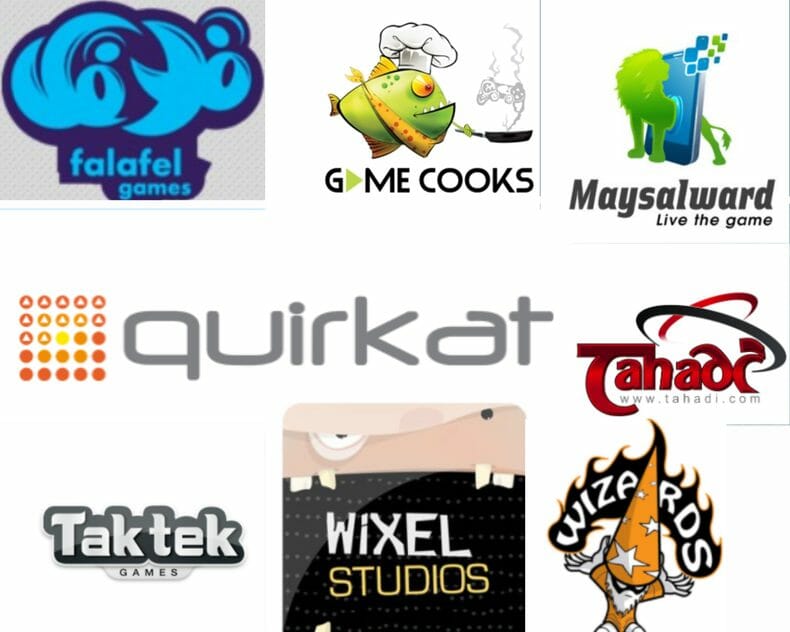
Video game localization
in the Middle East
The rise in the number of startups emerging in the Middle East, together with the game events being launched in the region, is proof of the power of its gaming market. Hence, many American, European, Japanese, and Chinese game publishers continue to make efforts to reach the region, and they can only do so through game localization.
Localization of video games or cartoons for the Arabic world is not merely translating them. First and foremost, when localizing a video game to fit any other country’s culture, you need to be very careful to not prevent the gamer from enjoying the game. You need to ensure harmony between the sound, picture, language, culture, etc. If you miss a single part of the link, the gamers’ immersive experience will be broken.
Below we rank the game market value of Middle Eastern countries; accordingly, in terms of expansion and localization of video games, they also yield the most profitable investments (million dollars in revenue).
- Saudi Arabia, with $680 million
- Iran, with $431 million
- UAE, with $280 million
- Egypt, with $192 million
- Morocco, with $139 million
- Algeria, with $107 million
- Iraq, with $105 million
- Lebanon, with $102 million
- Qatar, with $85 million
- Kuwait, with $80 million
The gaming market of
Saudi Arabia
As mentioned above, Saudi Arabia is the hotspot of the gaming industry among the Arab countries. It is vital to understand the reasons for the success of gaming in Saudi Arabia; we summarize them below:
- In terms of revenue, Saudi Arabia occupied 19th place in the world as the largest electronic games market.
- In comparison with the developed countries, the rate of spending on video games in Saudi Arabia exceeds more than twenty-five million dollars compared with the US. That’s why the games market is considered a suitable market for investment in this region in general; also, Saudi Arabian gamers spend more than three times per day than American or Chinese gamers.
- Saudi Arabia has a population of 34 million, of whom 26 million use the Internet.
- The number of those who own smartphones in Saudi Arabia accounted to 22.7 million, at 68.3 percent of the total population, and indicated that 46 percent of people in the Middle East resort to playing games through their smartphone platforms, while 88 percent of millennials (those born after 1981) in Saudi Arabia are interested in playing electronic games. In return, the rate of this generation’s use of smartphones in the Gulf countries is more than 90 percent.
Saudi Arabia’s growth in the gaming industry from 2015 to 2019 is shown in the following chart.
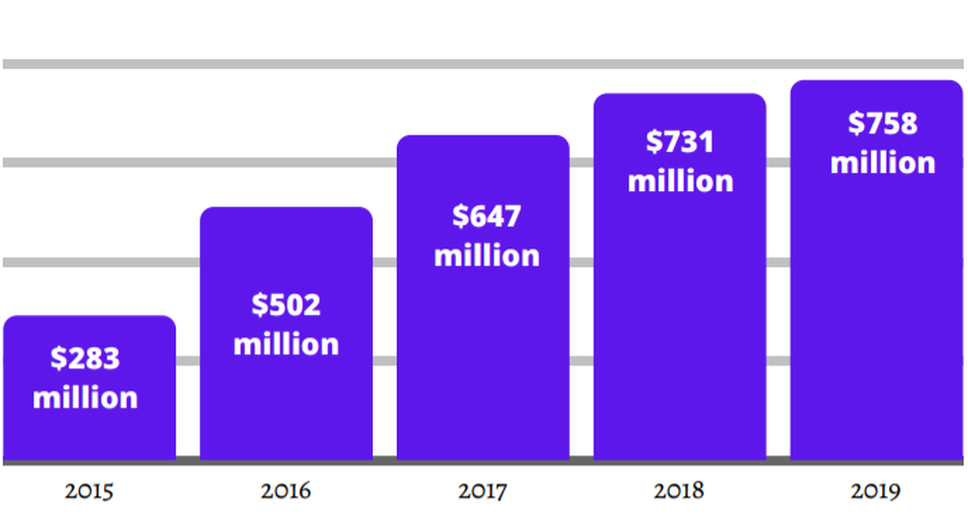
Localize, and localize wisely
The growth of Saudi Arabia’s gaming market alone is an adequate reason for investing in the region. It is safe to say, nonetheless, that this market growth and gamer behavior are identical with many other Middle Eastern countries. The trend has just started, and it will likely continue at least in the next 10 years; thus, the time is ripe to invest in game localization for the Arabic-speaking market.
Below we share some additional insights about the demographics of the Middle East game market.
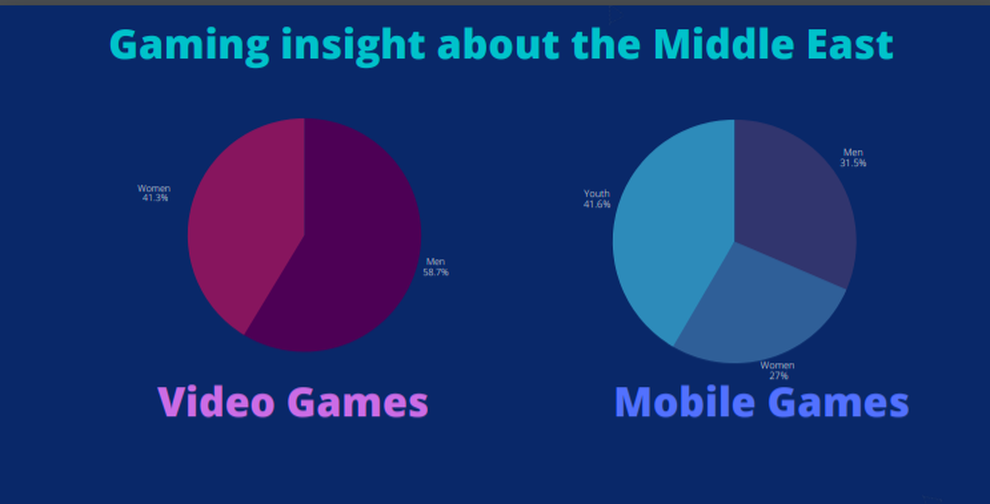
When we say localize, we mean localize wisely. The task does not only require Arabic language proficiency, it entails cultural and practical expertise as well. When localizing video games for the Middle East, especially for Arabic-speaking countries, you must take note of the following:
- Direction of text or writing: One of the few languages with this feature, Arabic is written from right to left. When doing Arabic translation, pay special attention to the nature of this language.
- Hire the services of a local translator: Translators whose native language is Arabic are better able to successfully manage game localization projects.
- Respect the culture: Culture occupies a prominent place in the localization process in the Arabic language. Consequently, some aspects that are accepted in the West may be denied in Islamic countries.
- Choose your tone wisely: There are three varieties of Arabic:
- traditional classical Arabic
- contemporary classical Arabic
- colloquial Arabic
The choice of tone or language variety you use will depend on the type of content you have.
In CCCI, we easily manage all of your Arabic translation projects in one place: our multilingual game translation and localization service. With our 10 years of experience in the game translation and customer support industry, as well as our in-house native Arabic speakers who lived in the region themselves, rest assured that your localized gameplay will not only reach but also give an immersive experience to your target users.
